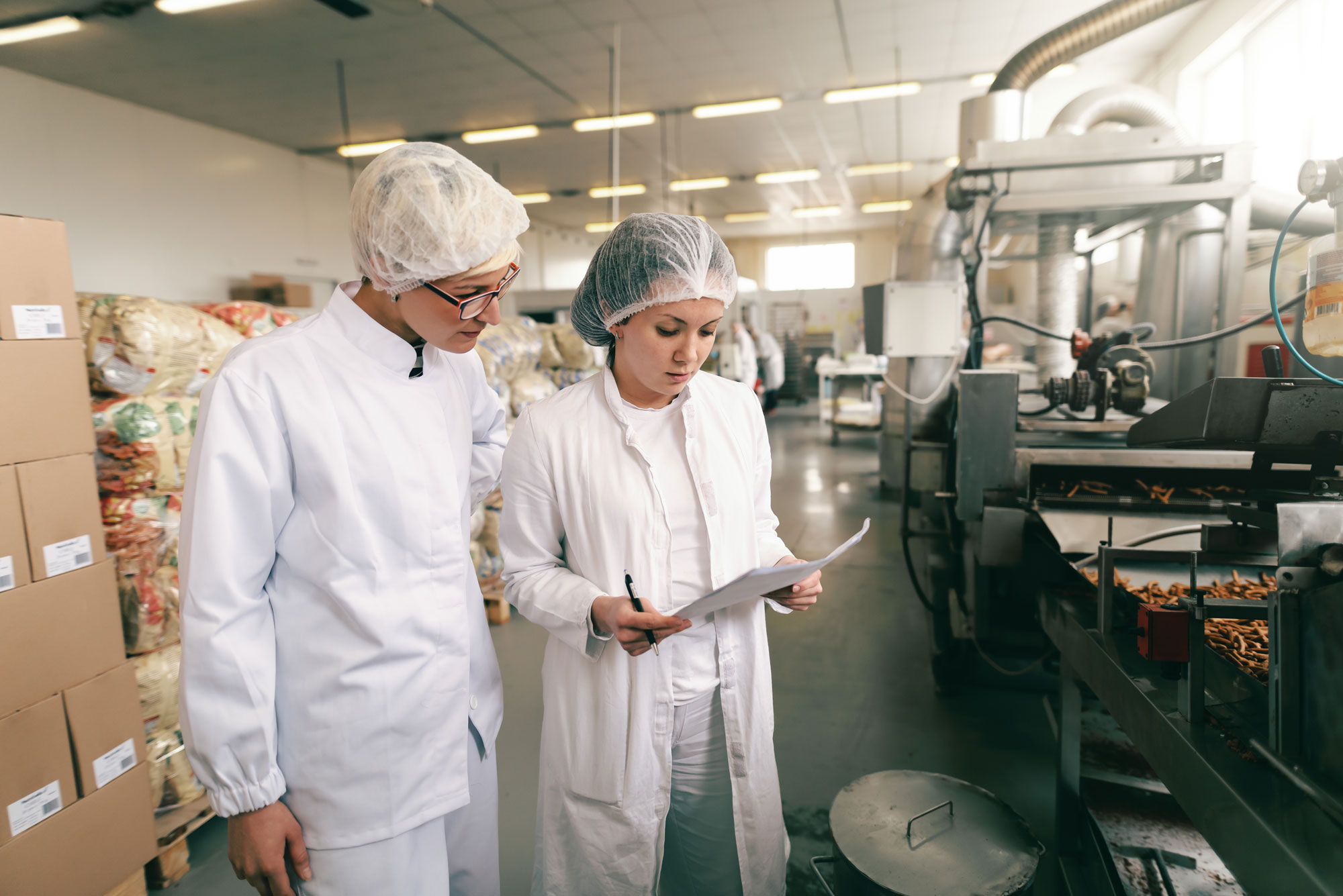Is your brand starting to grow at a pace that is hard to keep up with? Are you finding it hard to fill your orders manually? Looks like you may need to find a co-packer to help you automate your packaging and filling.
What is a co-packer?
Simply put: A contract packager, or co-packer, is a company that provides packaging and fulfillment services to other brands just like yours.
Co-packers help businesses automate and scale their filling and packaging operations by providing access to their facilities, equipment, and expertise. This can be a valuable resource for brands that are looking to grow their operations but don't have the resources to invest in their own packaging infrastructure. Since the bulk of the manufacturing is handled by the packer, brands can focus on their core competencies and leave the packaging to the experts.
The packer also ensures that products are packaged accurately, adhering to the highest quality standards and regulatory requirements. They also have extensive experience working with different packaging formats, materials, and configurations. (like flexible packaging!)
For a complete turn-key soultion you can also look for a private label/white label co-packer. A private label co-packer will manufacture the actual products for other companies to sell under their own brand. (As opposed to you supplying the product and/or ingredients.) The end consumer, your customr, does not usally have visbility to this.
Contract packagers can offer a variety of services, including:
-
Mixing, formulating, and blending ingredients
-
Filling and packaging products
-
Labeling and coding products
-
Warehousing and distribution
-
Quality control and testing
So you now you know what a co-packer does, but you need to find the right one. Don’t worry – we’ve got you covered! Here are our top 5 questions to ask yourself when doing your research.
5 Tips To Find A Co-Packer
1. Do they actually pack your product?
There’s a co-packer and private label manufacturer for pretty much any product on the market...all with their own niche. Keep in mind: The equipment and standards for filling cosmetic products is different from that of one that makes dog treats. Make sure the packer specilizes in your space.
2. Do they have the equipment to satisfy your form factor?
Great, they fill your product, but do they have the equipment to package it the way you want? For instance, can they offer rigid packaging (i.e. bottles, tubs, etc…) vs. flexible packaging (i.e. stand up pouches, roll stock, etc…) Tip: Ask for samples or images of the packers packaging capabilities. Make sure that equpiment lines up with what your print vendor offers.
3. Are you free to supply the packaging or will theyforce you to use their vendors?
You can save on costs if you can manage the printing/packaging spend, as most co packers buy from manufacturing companies, like The Pouch House, and mark it up. The convenience for one stop shopping is nice but you might want to forge a relationship with your own printer to maximize cost efficiency. You can always take your printer / packaging vendor to other co-packers as you grow. Tip: Printers aren't co-packers and co-packers are not printers.
4. Regulations: Does they have the certification necessary for your product?
Extremely important. If you have a food product, are they SQF certified? Maybe you have a cannabis product and are looking for regulatory guidance? Request copies of their certifications.
5. What is the scope of their offerings? Cost? Minimums?
Last but certainly not least. How does the co-packer costing work for your margins? Do they have the right cross-section of manageable minimum quantities and unit costs? Remember economy of scale: The more you order the lower the unit cost. Make sure it makes sense from a financial and timing standpoint.
Don't Forget!
Timing is everything!
When you find a packer and commit to a schedule, that schedule is usally set in stone. If there's any hold up on your end you'll get charged for the time even if they don't run a single product. Make sure you're ready to avoid paying more than you need to.
Experience matters
When it comes to selecting a co-packer, experience is everything. Look for a company that has a solid track record in your industry. A seasoned packer will know the ins and outs of the manufacturing process and will have established protocols to ensure the highest quality product possible.
Location, location, location
The location of your co-packer can make a big difference. A co-packer that is closer to your suppliers or customers can help reduce transportation costs and improve efficiency. If you plan on working closely with your co-packer, it’s best to choose a location that is easily accessible and convenient for your team. (if you can)
Communication is key
Your co-packer is essentially an extension of your business. Open communication is crucial for the success of your partnership. Make sure you find a co-packer that is willing to keep you in the loop, answer your questions, and be proactive in addressing any concerns.
Choosing the right packaging partner is essential to the success of your growing business. By answering these questions and keeping some key plints in mind you'll be on your way to a fruitful partnership. Good luck on your search!
The Pouch House provides custom printed flexible packaging solutions and printed stand up pouches for both co-packers and direct brands. All of our stand up pouches and roll stock products are produced in SQF (Safe Quality Food) Level 2 facilities. If you're working with a new piece of equipment or a packer for the first time, be sure to contact a Pouch House representative to help guide you through the packaging process.

Leave your comment